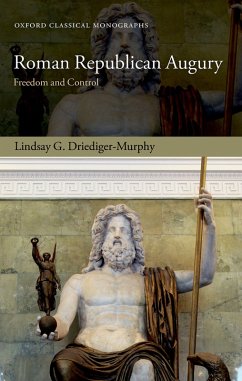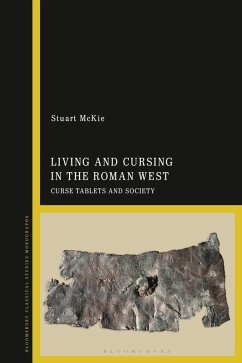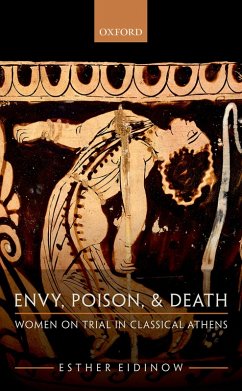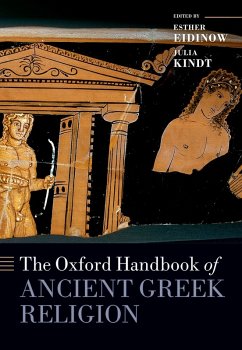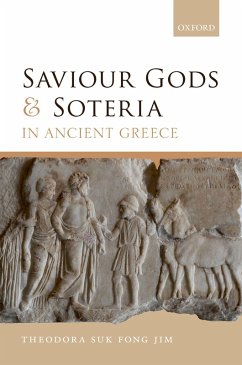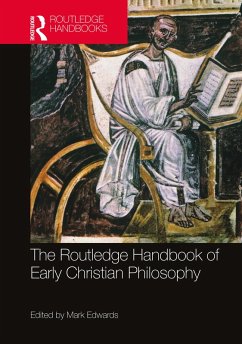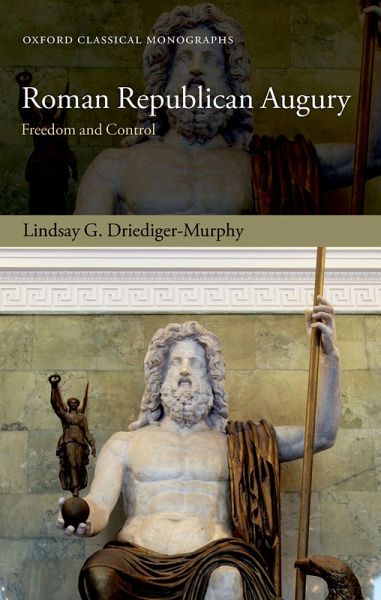
Roman Republican Augury (eBook, PDF)
Freedom and Control
Versandkostenfrei!
Sofort per Download lieferbar
52,95 €
inkl. MwSt.
Weitere Ausgaben:

PAYBACK Punkte
26 °P sammeln!
Roman Republican Augury: Freedom and Control proposes a new way of understanding augury, a form of Roman state divination designed to consult the god Jupiter. Previous scholarly studies of augury have tended to focus either upon its legal-constitutional effects or upon its role in maintaining and perpetuating Roman social and political structures. This volume makes a new contribution to the study of Roman religion, politics, and cultural history by focusing instead upon what augury can tell us about how Romans understood their relationship with their gods. Augury is often thought to have told ...
Roman Republican Augury: Freedom and Control proposes a new way of understanding augury, a form of Roman state divination designed to consult the god Jupiter. Previous scholarly studies of augury have tended to focus either upon its legal-constitutional effects or upon its role in maintaining and perpetuating Roman social and political structures. This volume makes a new contribution to the study of Roman religion, politics, and cultural history by focusing instead upon what augury can tell us about how Romans understood their relationship with their gods. Augury is often thought to have told Romans what they wanted to hear. This volume argues that augury left space for perceived expressions of divine will which contradicted human wishes, and that its rules and precepts did not permit human beings to create or ignore signs at will. This analysis allows the Jupiter whom Romans approached in augury to emerge as not simply a source of power to be channelled to human ends, but a person with his own interests and desires, which did not always overlap with those of his human enquirers. When human will and divine will clashed, it was the will of Jupiter which was supposed to prevail. In theory as in practice, it was the Romans, not their supreme god, who were bound by the auguries and auspices.
Dieser Download kann aus rechtlichen Gründen nur mit Rechnungsadresse in A, B, BG, CY, CZ, D, DK, EW, E, FIN, F, GR, HR, H, IRL, I, LT, L, LR, M, NL, PL, P, R, S, SLO, SK ausgeliefert werden.




